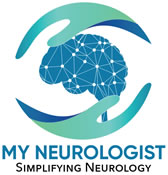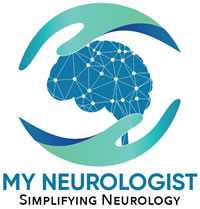What is Krabbe disease?
It is a type of leukodystrophy, a disease of the white matter or the myelin of brain. It is also known as globoid cell leukodystrophy, (because of finding of abnormally large cells in the brain called globoid cells) or galactosylceramide lipidosis, or galactosylcerebrosidase deficiency.
What is the defect in Krabbe disease?
It is caused by a mutation in GALC gene, which provides instructions to make an enzyme called galactosylceramidase. Defect or deficiency of this enzyme result in accumulation of certain lipids in cells and formation of large globoid cells, which ultimately damage the brain myelin. It is an autosomal recessive disorder.
Are there different types of Krabbe disease?
- Infantile type: Appears before age 1, causing weakness, fever without signs of infection, stiff posture, delayed milestones, deafness, blindness. Ultimately, every neurological function may be affected resulting in death in a year or two.
- Late onset (in childhood to adulthood): Vision problems, walking difficulties, resulting in more physical and cognitive issues. Patient may survive many years.
How is Krabbe disease diagnosed?
If a leukodystrophy or a brain disorder is suspected, MRI of brain can help to make the diagnosis. MRI shows demyelination changes in central and periventricular white matter and cerebellum. Cranial nerve enhancement may also be seen. Blood psychosine level can also help with diagnosis. A gene test is available.
What is the treatment for Krabbe disease?
There is no cure. Symptoms are treated with medicines. Stem cell therapy can be tried. Gene therapy trials are underway.
What is the prognosis of Krabbe disease?
Prognosis for Krabbe disease is not good, most infants die in little more than a year, children in a year or two, while patients with juvenile and adult forms may survive few more years.
Where can I find more information about Krabbe disease?
American Academy of Pediatric Neurology Section
United Leukodystrophy Foundation
National Organization for Rare Disorders
Genetic and Rare Diseases Information Center


Leave a Reply
Your email is safe with us.
You must be logged in to post a comment.